At the Haldia Institute of Management, recognized as a top management college in West Bengal, B.B.A. programs are designed to instill ethical values in future finance professionals. The curriculum emphasizes the principles of integrity, transparency, and accountability, providing students with a strong foundation in ethical standards essential for the financial industry.
In conclusion, ethical standards are integral to the finance industry, particularly in accountancy, taxation, and audit. B.B.A. programs at the top management college in West Bengal play a critical role in instilling these values in future professionals, ensuring that they uphold the highest ethical standards and contribute to the credibility and stability of the financial system.
By prioritizing ethical education and professional development, future professionals are equipped to navigate the complex ethical dilemmas inherent in the financial industry, thereby upholding the integrity and trustworthiness of financial practices.
The Role of Ethical Standards in Finance: A Perspective from B.B.A. Programs
In the financial industry, ethics plays a crucial role in ensuring the integrity and reliability of financial information. Accountancy, taxation, and audit professionals are entrusted with the responsibility of upholding ethical standards to maintain public trust and contribute to the stability of the financial system. Here, we will explore the significance of ethical standards in the financial industry, focusing on how B.B.A. programs instill these values in future professionals.
Importance of Ethical Standards in Finance
Trust and Credibility
Ethical standards in finance, specifically in accountancy, taxation, and audit, are essential for building and maintaining trust and credibility. Stakeholders, including investors, rely on accurate financial reporting to make informed decisions. Upholding ethical practices ensures the reliability and fairness of financial information, which is crucial for fostering trust among stakeholders.
Legal Repercussions
Adhering to ethical standards safeguards businesses from legal ramifications. Ethical conduct, such as maintaining confidentiality and transparency, not only promotes trust but also protects sensitive financial information from unauthorized disclosure, thereby preventing legal complications.
Lessons from History
Instances such as the Enron and WorldCom scandals serve as stark reminders of the catastrophic consequences of disregarding ethical conduct in accounting. Manipulated financial records and misleading audit reports not only resulted in immense financial losses but also eroded public trust in corporate governance. This underscores the pivotal role of ethical standards in preserving the integrity of the financial industry.
Professional Development in B.B.A. Programs
Upholding Integrity
Integrity is a fundamental pillar of ethical conduct in finance. B.B.A. programs instill the value of uncompromising adherence to moral and ethical principles in future professionals. Students are taught the importance of maintaining truthfulness in their work and resisting pressures to manipulate financial data, thus emphasizing the significance of integrity in financial practices.
Emphasizing Transparency
Transparency is another essential element of ethical behavior in finance. B.B.A. programs focus on instilling the principle of open and honest disclosure of financial information. Future professionals are educated on the significance of providing clear, timely, and meaningful financial statements to ensure transparency and accountability to stakeholders.
Accountability and Professional Competence
Accountability is a core aspect of ethical standards in the financial industry. B.B.A. programs emphasize the responsibility that accountants bear for their actions and decisions. Furthermore, these programs stress the importance of ongoing professional development to ensure that future professionals remain competent and agile in their roles, thereby upholding ethical conduct.
